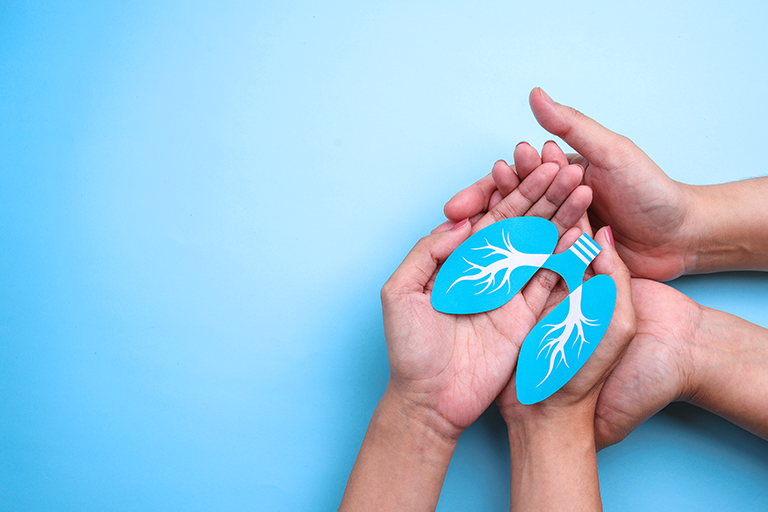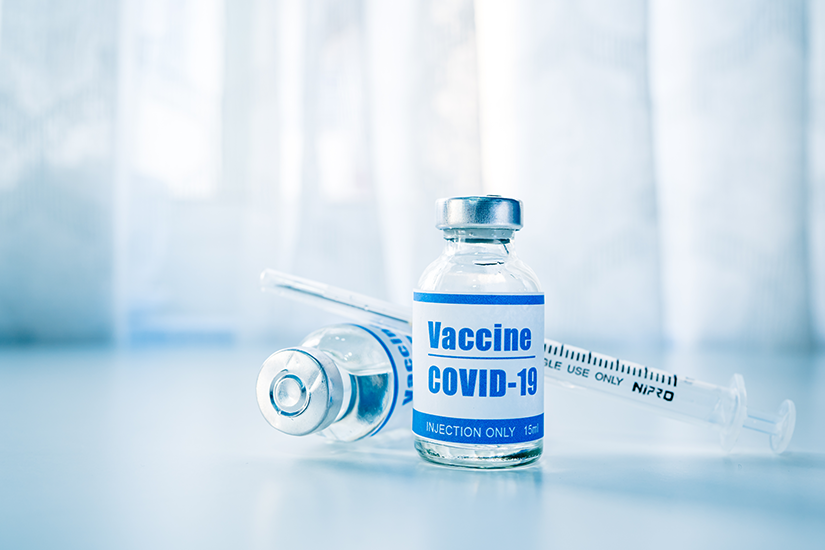- Emergency Ambulance Services
- 8606811111
- 0471-4077777, 0471-7177888
- gro@sutpattom.com
World Pneumonia Day – November 12th
Dr. Sofia Salim Malik, Senior Consultant Pulmonologist, Allergy, Immunology &Sleep Consultant, SUT Hospital, Pattom.
The day falls on November 12th. The theme is ‘Championing fight to Stop Pneumonia’. The aim is to raise awareness about this serious, life-threatening lung infection. The day also promotes prevention and treatment strategies, providing an annual forum for a global effort against pneumonia.
Pneumonia is caused by various pathogens-primarily viruses, bacteria, or fungi-and is easily transmitted from person to person. In older adults (aged 55 and above), the risk of hospitalization from pneumonia is 13 times higher than in younger adults (ages 18-49). Tragically, pneumonia remains the leading infectious cause of death among children under five, with approximately 1.6 million lives lost each year. Although medical advancements have improved treatment, pneumonia and other respiratory infections have continued to cause significant fatalities, especially in the wake of the COVID-19 pandemic in 2021.
The day also highlights healthcare inequalities, as low-income countries bear the greatest burden of pneumonia-related deaths. It advocates for better access to essential resources like vaccines, antibiotics, oxygen therapy, and improved nutrition for vulnerable populations.
The impact of pneumonia goes beyond mortality; survivors, particularly children, may experience long-term health issues such as reduced lung function, developmental delays, and recurrent respiratory infections. Additionally, pneumonia puts a heavy strain on healthcare systems, especially in resource-limited regions, and places significant economic burdens on affected families.
Causes of Pneumonia
- Bacteria: Streptococcus pneumoniae is the most common cause.
- Virus: RSV, influenza, and corona viruses.
- Fungi: Affects individuals with compromised immunity.
Risk Factors
- Age: Children under five and adults over 65.
- Malnutrition
- Chronic Illnesses: Conditions such as asthma, COPD, diabetes, heart disease, and liver and kidney diseases.
- Environmental Factors: Air pollution, smoking, etc.
Symptoms
High fever, chills, cough with phlegm, shortness of breath, fatigue, and more.
Spread
Pneumonia is highly contagious, spreading through coughs, sneezes, and contact with contaminated surfaces.
Treatment
In 1930, the first antibacterial agent, sulfapyridine, was developed and used to treat bacterial pneumonia, famously saving Winston Churchill. Although penicillin was discovered in 1928, it wasn’t clinically used until 1941. Today, bacterial pneumonia is treated with antibiotics, while viral cases require antiviral drugs, and supportive treatments often including bronchodilators and mucolytics to aid in clearing mucus.
Significance of World Pneumonia Day
World Pneumonia Day underscores the commitment to fight pneumonia by unifying communities concerned with public health, air quality, and climate impact. It helps to raise awareness and support campaigns that aid in pneumonia prevention and treatment.









